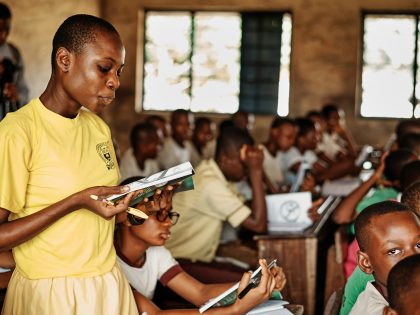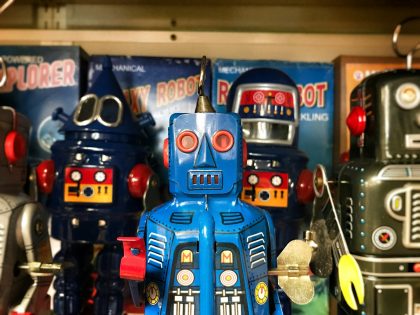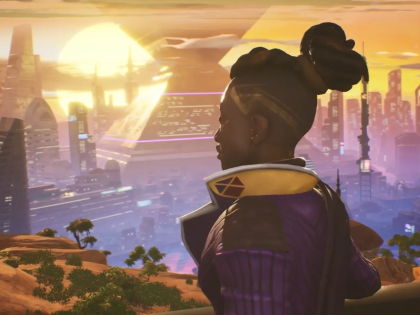
The trouble with ‘showing the real Africa’
iShowSpeed’s Africa tour is widely celebrated as respectful and refreshing, yet it operates within a long tradition of racialized spectacle that turns Africa into content and Blackness into performance.

iShowSpeed’s Africa tour is widely celebrated as respectful and refreshing, yet it operates within a long tradition of racialized spectacle that turns Africa into content and Blackness into performance.

In outsourcing the act of writing to machines trained on Western language and thought, we risk reinforcing the very hierarchies that decolonization sought to undo.

In an era when AI delivers the answer before the question is even asked, the sanctity of wonder is slipping away, and soon the act of asking might vanish entirely.

Web3 utopians promised a sovereign future for the African diaspora—but what they delivered was a networking club for elites, wrapped in crypto-libertarian hype and Afro-futurist aesthetics.

Cape Town’s digital nomads chase cheap luxury and scenic backdrops—but behind the matcha lattes and “social impact days” lies a deeper story of economic power, displacement, and global inequality.

At summits and in speeches, African leaders promise to harness AI for development. But without investment in power, connectivity, and people, the continent risks replaying old failures in new code.

What will we eat in the future—and who gets to decide? From lab-grown meat to agroecology, the politics of food in Africa are being shaped by tech dreams, corporate agendas, and grassroots resistance.

In Mauritius, social media memes and leaks exposed corruption, galvanized youth, and reshaped the nation’s political landscape.

Touted as a path to empowerment, Africa’s gig economy is a digital twist on old patterns of labor exploitation—but workers are fighting back.

On our year-end publishing break, we reflect on how 2024’s contradictions reveal a fractured world grappling with inequality, digital activism, and the blurred lines between action and spectacle.

On the deplatforming of 'African Stream.'

Nicknamed the “Candace Owens of South Africa,” Siphesihle Nxokwana is an anti-feminist influencer playing to crowds already on her side.

While it might be cathartic to compare Elon Musk’s tech firms to apartheid-era mines, the connection between ex-South Africans and American capitalism is complicated.

The war in Sudan shows how during conflict, the internet is as critical as food or medicine.

Inspired by a tapestry of Bantu folk stories, the video game 'Tales of Kenzera: Zau' is rich with mythology that many Africans know as our heritage.

What do computer generated images tell us about the evolution of coloniality and racialization in the AI era?

AirBnb is making the idea of a liveable, walkable city unattainable, while deepening inequality and decimating local industries.

How might a longer view of African art-making affect our understanding of what counts as art, text, and authorship?

The predatory tech giant is at the center of a heritage site land grab, pitting indigenous and environmental activists against city authorities.

Faced with many crises, including unemployment and a rising cost of living, Angolans are turning to memes to express their political discontent.